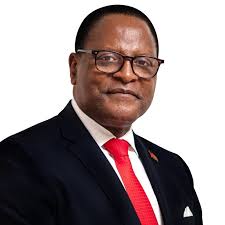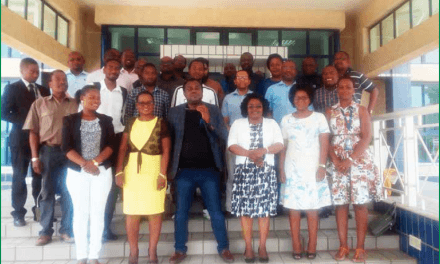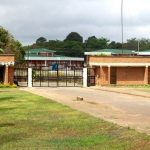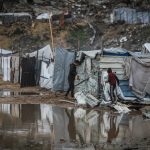
SONA 2025: Promises, Progress, and Public Doubts
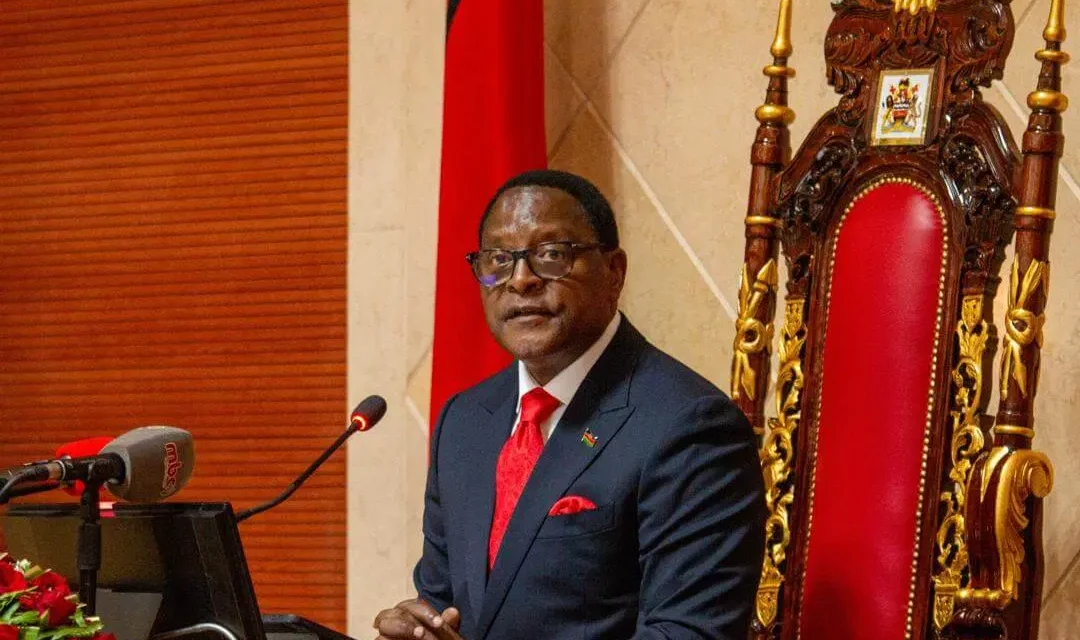
By Osman Bwanali
President Lazarus Chakwera’s 2025 State of the Nation Address (SONA) aimed to showcase his administration’s achievements while justifying difficult economic and governance decisions. Despite highlighting progress in key sectors, the speech raised skepticism over governance transparency, economic accountability, and the sincerity of the President’s claims.
In infrastructure, the government has made strides in reviving the railway system, expected to reduce transport costs and boost trade. Major road projects, such as the Rumphi-Nyika-Chitipa and Nsanje-Marka roads, have progressed, enhancing district connectivity. In the energy sector, the expansion of electricity through MAREP and MEAP has benefited thousands of rural households. The near completion of the Karonga Town Water Supply Project has also improved access to clean water.
However, concerns have emerged over the accuracy of some claims, undermining public trust. One of the most contentious aspects was the repeated justification of economic hardships as necessary sacrifices. While structural reforms often require short-term pain, the speech failed to link these sacrifices to tangible improvements for Malawians. Without concrete evidence—such as job creation, rising household incomes, or stabilized living costs—the message risked sounding dismissive of citizens’ struggles.
The President’s discussion on economic policies, particularly the 44% devaluation of the Kwacha and spending cuts, also lacked transparency. While these measures were framed as necessary for stability, the speech did not detail how the government cushioned vulnerable populations. There was little mention of inflation control, forex stabilization, or debt management outcomes, leaving the impression that these measures were more about political justification than economic necessity. A comprehensive economic impact report accompanying SONA could have bolstered credibility and allowed independent verification of the claims.
Another shortcoming was the heavy political messaging at the expense of substantive policy discussions. The phrase “taking development forward” was repeatedly used to frame Chakwera’s leadership as the only viable path for Malawi. Critics were portrayed as obstacles to progress rather than voices raising legitimate concerns. This rhetoric risks alienating citizens who seek governance accountability but do not necessarily support the opposition. A more inclusive address, acknowledging both successes and challenges while outlining corrective measures, would have fostered national unity.
SONA 2025 missed an opportunity to restore public confidence by failing to address pressing issues with depth and transparency. The lack of independent oversight, absence of detailed economic impact data, and dismissive stance toward critics weakened its effectiveness. Future addresses should prioritize data-driven reporting, independent fact-checking, and specific policy actions over broad political rhetoric. By committing to transparency and inclusive governance, the administration can rebuild trust and ensure Malawians feel their concerns are genuinely acknowledged rather than dismissed as political opposition.























